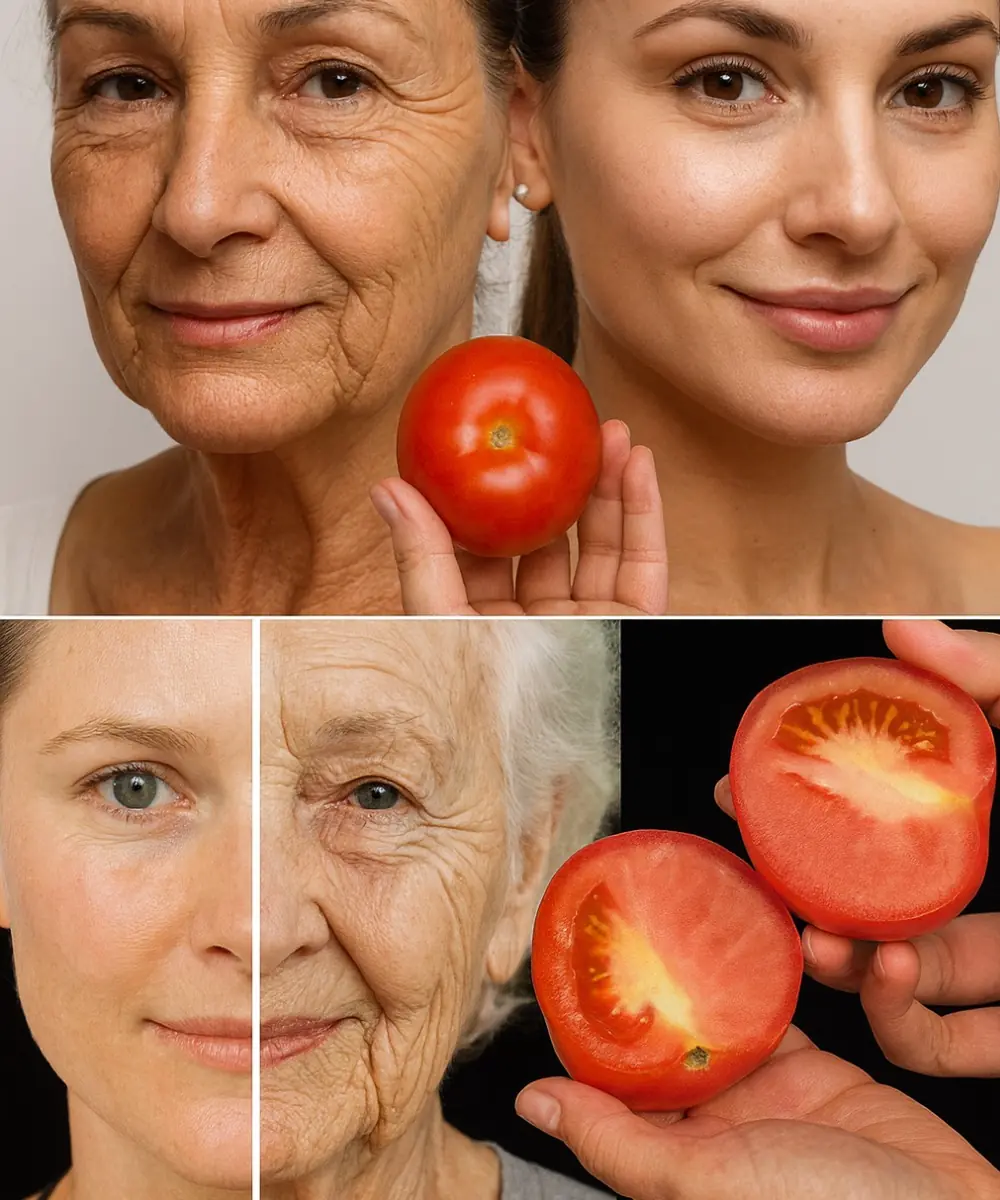
Kidney Stones: Why Do They Form and How to Prevent Them?
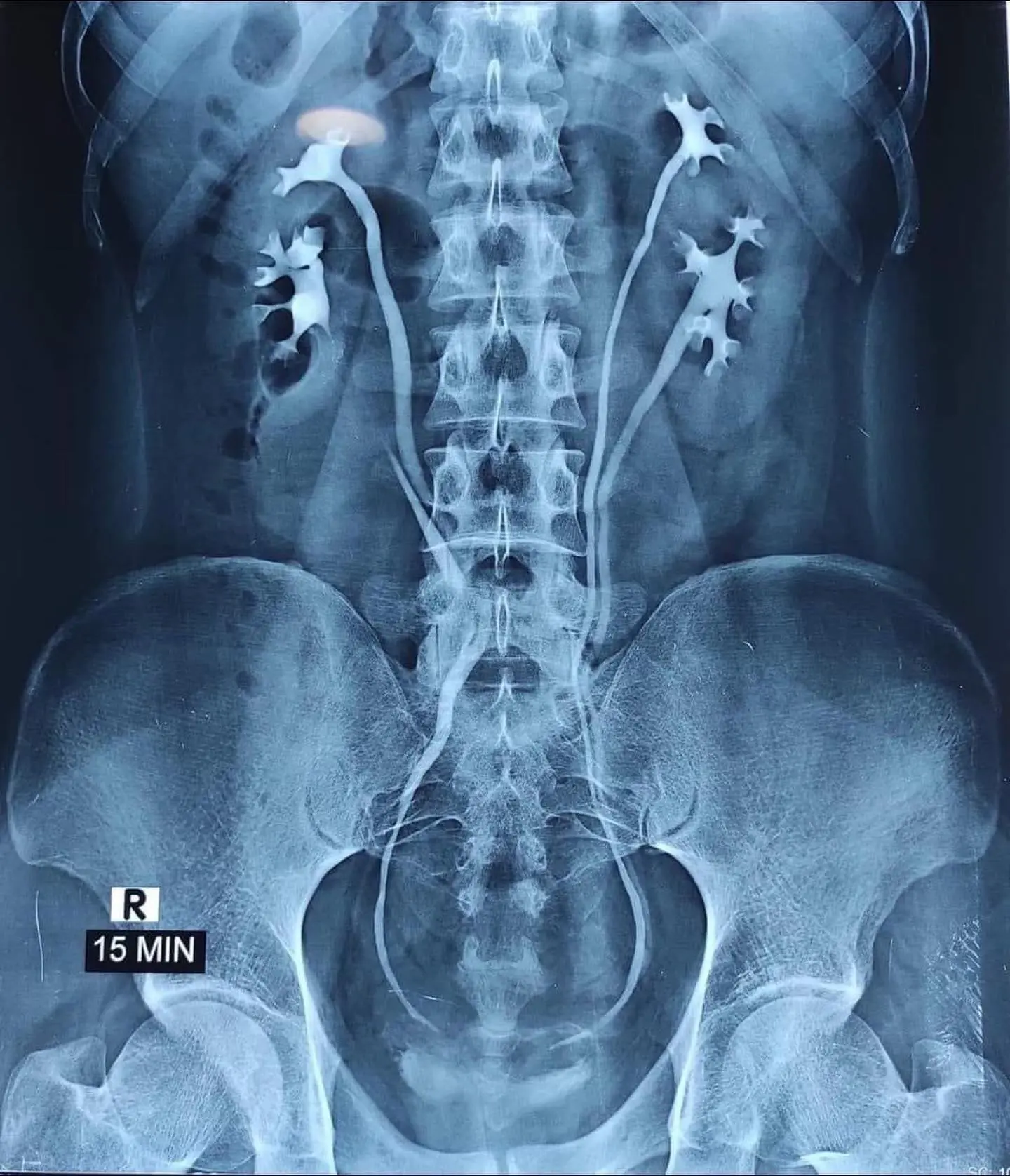
Kidney stones—also known as renal calculi or nephrolithiasis—are a common health issue that affects millions of people worldwide. The formation of these solid deposits is influenced by various genetic and environmental factors and can lead to serious complications if not diagnosed and treated in time. Below, we explore the causes, formation mechanisms, and key prevention strategies to keep kidney stones at bay.
What Are Kidney Stones?
Kidney stones are solid accumulations that form in the urinary tract from minerals and salts present in urine. Their composition can vary, but most stones consist of calcium (in the form of oxalate or phosphate), uric acid, or struvite. In rarer cases, they may also be composed of cystine or other mineral combinations.
Although many people consider kidney stones an isolated issue, they actually represent a complex pathological process that can recur and cause significant complications, such as urinary infections, obstructions, or kidney damage. Epidemiological studies indicate that kidney stone prevalence has increased in recent decades, likely due to changes in diet and an aging population.
Causes and Risk Factors
The formation of kidney stones results from a combination of factors:
1. Diet and Lifestyle
- A high intake of sodium, animal proteins, and processed foods can increase the excretion of calcium, oxalate, and phosphate, promoting stone formation.
- Insufficient water intake and a sedentary lifestyle are associated with a higher risk of kidney stones.
2. Genetics
- Certain hereditary disorders, such as primary hyperoxaluria and cystinuria, can predispose individuals to kidney stone formation.
3. Systemic Diseases
- Conditions like hyperparathyroidism, obesity, type 2 diabetes, and chronic kidney disease can lead to metabolic imbalances, increasing the concentration of stone-forming substances in urine.
4. Urinary Tract Infections
- Some urease-producing bacteria can promote the formation of struvite stones (magnesium ammonium phosphate), which can grow large and obstruct urinary flow.
5. Medications
- Certain drugs, including some diuretics and calcium supplements, can alter urine pH or increase the excretion of substances that crystallize, leading to stone formation.
How Do Kidney Stones Form?
The formation of kidney stones occurs through a process known as crystallization, which depends on the balance between promoting and inhibitory factors. When the urine becomes oversaturated with compounds such as calcium oxalate, molecules cluster together to form crystals, initiating the nucleation process.
Once these crystals form, they can grow and aggregate, eventually developing into larger stones. If these stones reach a significant size, they can block urine flow, causing severe pain, inflammation, and even kidney damage.
Symptoms of Kidney Stones
Although some kidney stones may pass without causing symptoms, larger stones can trigger intense pain and discomfort, including:
- Severe lower back or abdominal pain (commonly known as renal colic)
- Blood in the urine (hematuria)
- Frequent urge to urinate
- Painful urination
- Nausea and vomiting
- Fever and chills (if an infection is present)
These symptoms should never be ignored, as untreated kidney stones can lead to serious complications such as urinary blockages and kidney infections.
Prevention: How to Reduce the Risk of Kidney Stones
The good news is that kidney stones are preventable with simple dietary and lifestyle adjustments. Here are some of the best ways to lower your risk:
✅ Increase Water Intake
- Drinking at least 2-3 liters of water per day helps dilute urine and prevent the accumulation of minerals that form stones.
- Citrus juices (like lemon juice) contain citrate, which inhibits stone formation.
✅ Maintain a Balanced Diet
- Reduce sodium intake: Excess salt increases calcium excretion in urine, raising the risk of stone formation.
- Limit animal protein: Too much red meat and poultry can increase uric acid levels.
- Eat calcium-rich foods (but avoid excessive supplements): Getting calcium from natural sources like dairy and leafy greens helps prevent oxalate absorption in the intestines.
- Consume oxalate-rich foods in moderation: Spinach, nuts, and chocolate contain oxalates, which can contribute to stone formation.
✅ Stay Active
- Regular physical activity helps maintain a healthy weight and improves metabolic balance, reducing kidney stone risk.
✅ Monitor Your Health
- If you have a family history of kidney stones or conditions like diabetes or high blood pressure, consult your doctor about ways to minimize risks.
- Routine urine and blood tests can help detect abnormalities before kidney stones develop.
Final Thoughts
Kidney stones are a common yet preventable condition. Understanding what causes them and how to prevent them is key to maintaining good kidney health. By making small but impactful lifestyle changes, such as staying hydrated, eating a balanced diet, and exercising regularly, you can significantly lower your risk.
If you experience severe pain, persistent urinary symptoms, or a history of recurrent kidney stones, seek medical attention immediately to prevent complications.
How Do Kidney Stones Form?
1. Urine Supersaturation
When the urine contains high concentrations of oxalate, calcium, phosphate, or uric acid, it creates the perfect conditions for crystal formation. This supersaturation is often caused by:
✅ Low fluid intake, leading to highly concentrated urine
✅ High consumption of sodium, animal protein, and processed foods
✅ Metabolic imbalances, such as hyperparathyroidism or diabetes
2. Crystal Retention and Growth
Once crystals form in the kidney, they may attach to the renal tubules or urinary tract lining, promoting further growth. Two key structures involved in stone formation include:
🔹 Randall’s plaques – Calcium phosphate deposits in the kidney tissue that serve as a foundation for stone development.
🔹 Intratubular plugs – Crystal accumulations within kidney tubules that contribute to stone formation.
3. Imbalance of Inhibitors
Under normal conditions, urine contains natural inhibitors such as citrate, magnesium, and certain proteins, which prevent crystal formation. When these protective substances are reduced due to dietary or metabolic issues, the risk of kidney stones increases.
Symptoms and Complications of Kidney Stones
The severity of symptoms depends on the size, location, and type of kidney stone. Some of the most common signs include:
🚨 Intense Pain (Renal Colic)
🔺 Sharp, excruciating pain in the lower back, abdomen, or groin as the stone moves through the ureter
🔺 Pain may come in waves and worsen over time
🚨 Blood in the Urine (Hematuria)
🔺 Pink, red, or brown-colored urine due to irritation of the urinary tract
🔺 May be microscopic or visible to the naked eye
🚨 Nausea and Vomiting
🔺 Often accompanies severe pain
🔺 Caused by nerve connections between the kidneys and gastrointestinal tract
🚨 Frequent Urination and Burning Sensation
🔺 Stones near the bladder can cause urgency to urinate and painful urination
🔺 Can be mistaken for a urinary tract infection
🚨 Recurrent Urinary Tract Infections (UTIs)
🔺 Some stones, particularly struvite stones, are associated with bacterial infections
🔺 Chronic UTIs can further promote kidney stone formation
🚨 Potential Kidney Damage
🔺 Large stones may obstruct urine flow, causing kidney swelling (hydronephrosis)
🔺 Severe cases can result in permanent kidney damage or chronic kidney disease
Prevention Strategies: How to Reduce Kidney Stone Risk
If you've had kidney stones before, or are at high risk, these lifestyle adjustments can help prevent recurrence:
💧 Stay Hydrated
✅ Drink 2-3 liters of water daily to dilute urine and flush out minerals before they form stones
✅ Monitor urine color – Pale yellow urine indicates good hydration
🥗 Maintain a Balanced Diet
✅ Limit sodium intake – High sodium levels increase calcium excretion in urine
✅ Reduce animal protein – Red meat and poultry raise uric acid levels, contributing to stone formation
✅ Moderate oxalate-rich foods – Spinach, chocolate, and nuts contain oxalates, which bind to calcium in the urine
⚖️ Manage Metabolic Conditions
✅ People with diabetes, obesity, or hyperparathyroidism should monitor their health closely
✅ Maintaining a healthy weight reduces the risk of stone formation
💊 Use Supplements and Medications with Caution
✅ Calcium and Vitamin D supplements should be taken under medical supervision
✅ Thiazide diuretics can reduce calcium excretion and help prevent stones in some individuals
🧪 Adjust Urine pH for Uric Acid Stones
✅ Potassium citrate supplements can help alkalinize urine and prevent uric acid stones
✅ Dietary modifications, such as increasing fruit and vegetable intake, can naturally balance urine pH
🔍 Regular Health Monitoring
✅ Urine and blood tests can detect abnormal mineral levels before stones form
✅ Ultrasound or CT scans help identify small stones before they cause complications
Final Thoughts: Take Control of Your Kidney Health
Kidney stones are not just a temporary inconvenience—they can lead to chronic kidney disease and long-term health issues if not managed properly. The good news is that prevention is entirely possible with a few simple lifestyle adjustments:
💧 Drink enough water
🥗 Eat a balanced diet
⚖️ Manage underlying health conditions
🩺 Get regular check-ups
By understanding the mechanisms of kidney stone formation and implementing evidence-based prevention strategies, you can protect your kidney health and avoid the painful consequences of kidney stones.
🚨 Listen to your body—if you experience persistent pain, changes in urination, or recurring kidney stones, seek medical attention immediately. 🚨
🔹 Your health is in your hands! Take action today to support your kidneys and overall well-being. 💙
News in the same category

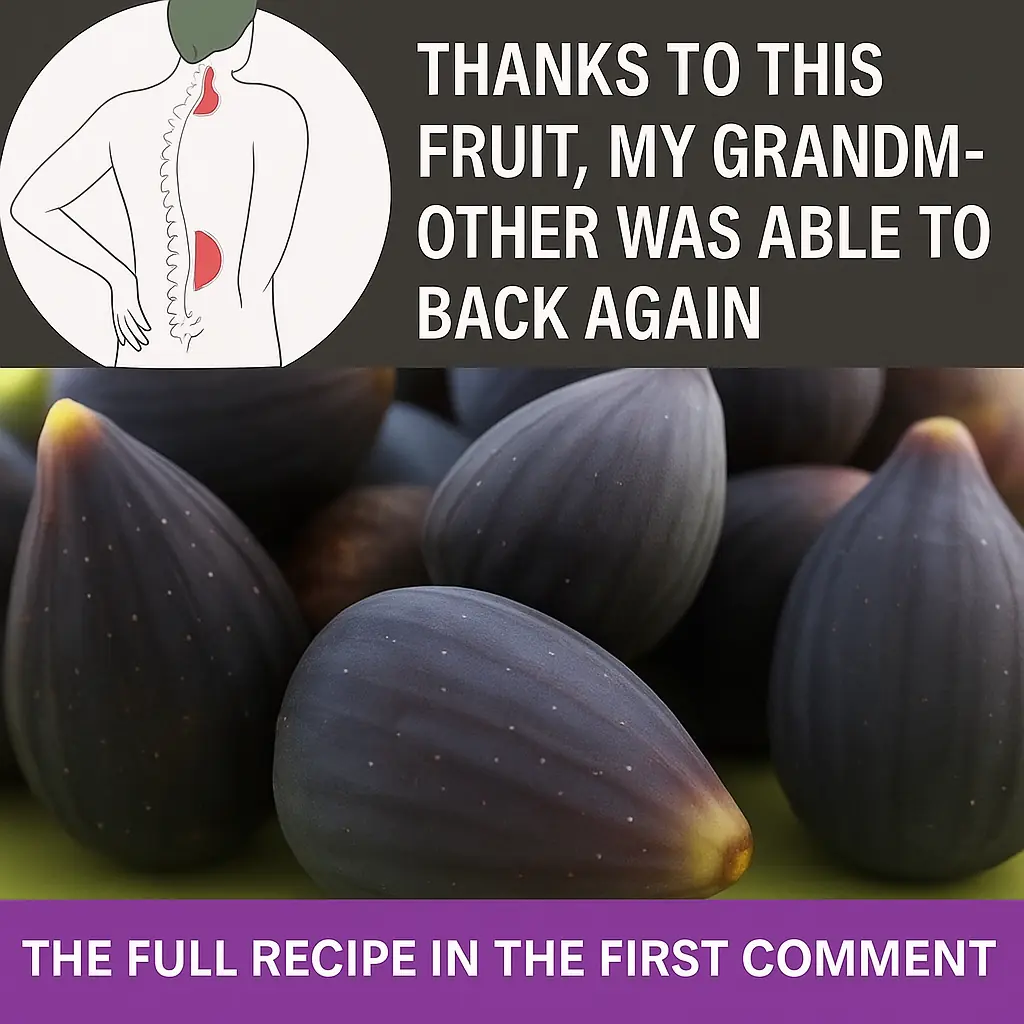
Natural Remedy to Relieve Back Pain with Figs
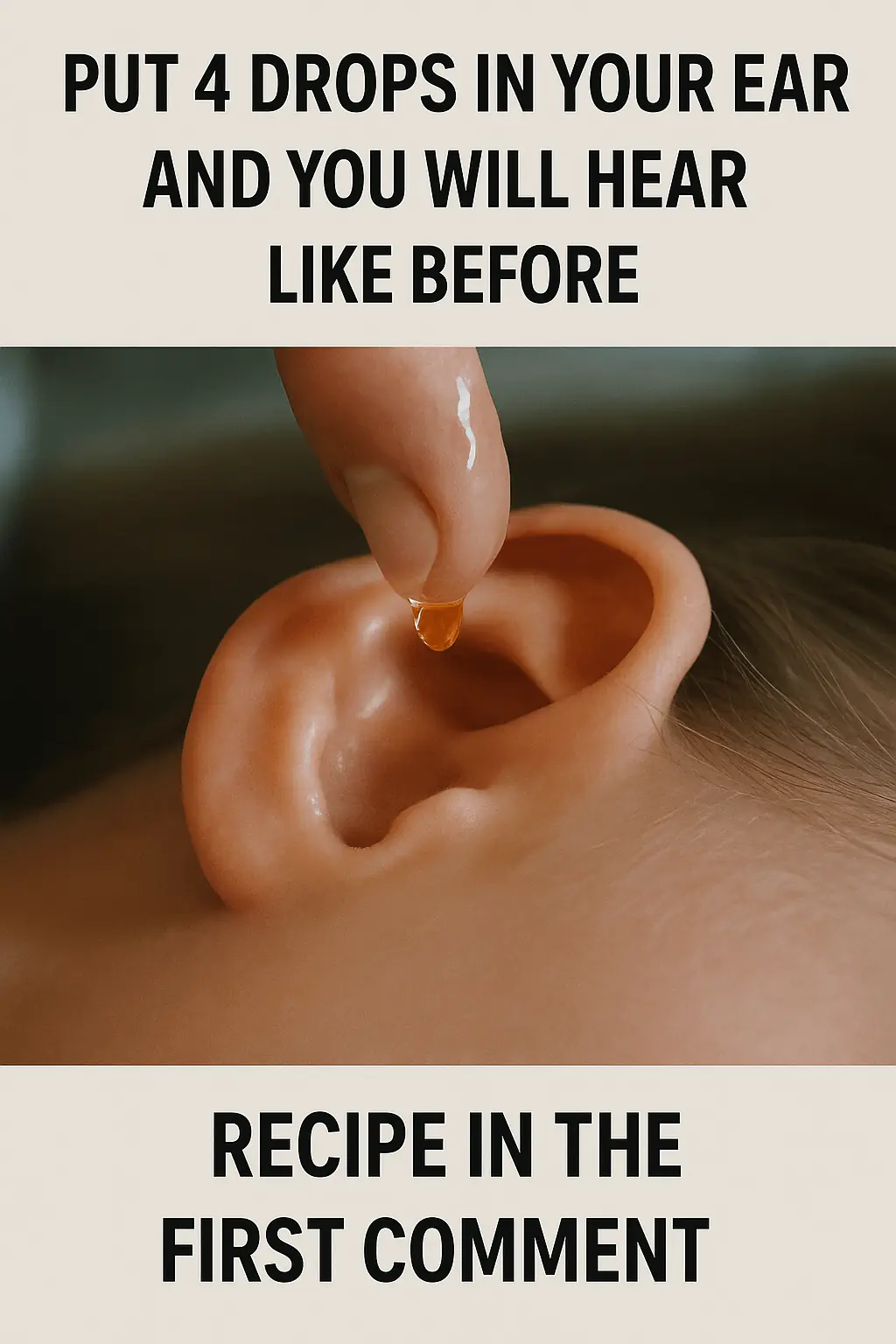
Hearing Loss? Discover a Natural Remedy That Could Help Improve Your Hearing

4 Parts of Chicken You Should Avoid — And Why They May Not Be as Healthy as You Think

The Magic of Black Cats and Their Impact on Our Health

Say Goodbye to Diabetes, High Blood Pressure, Fatty Liver, Cancer, and Heart Attacks
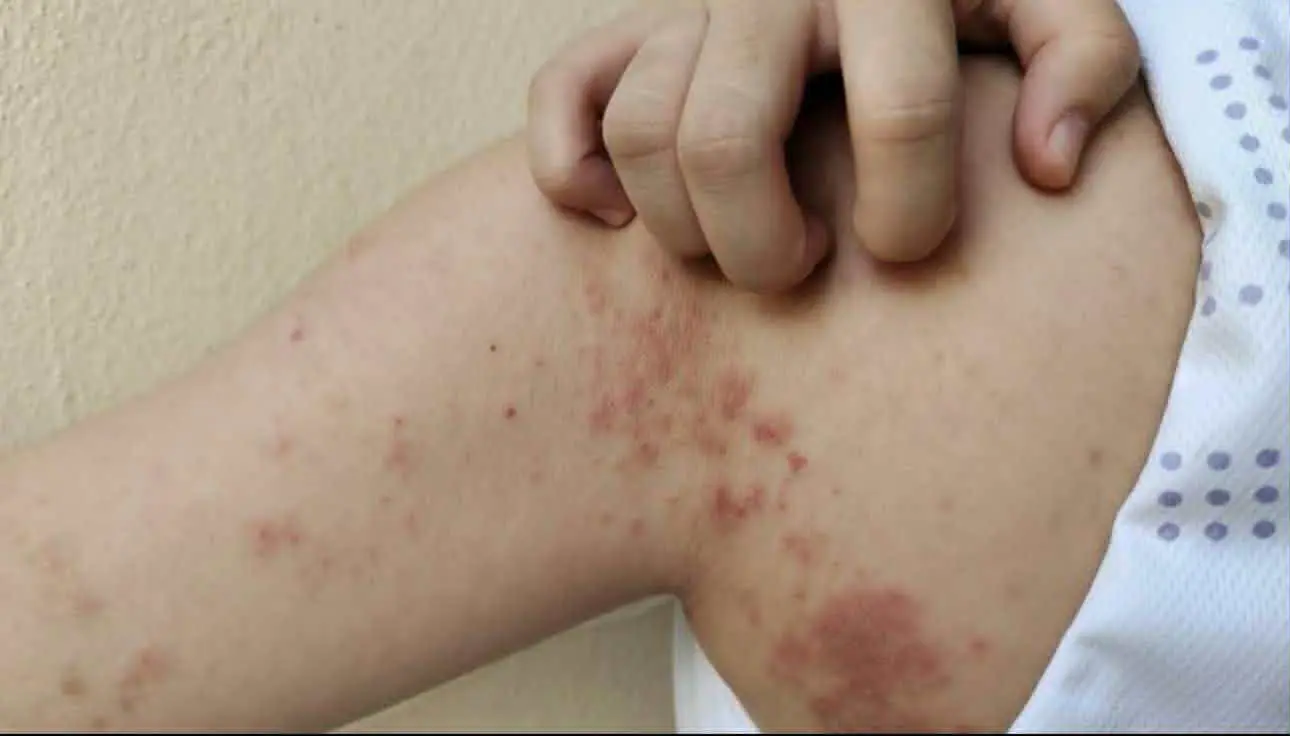
7 Warning Signs Your Body May Have Parasites
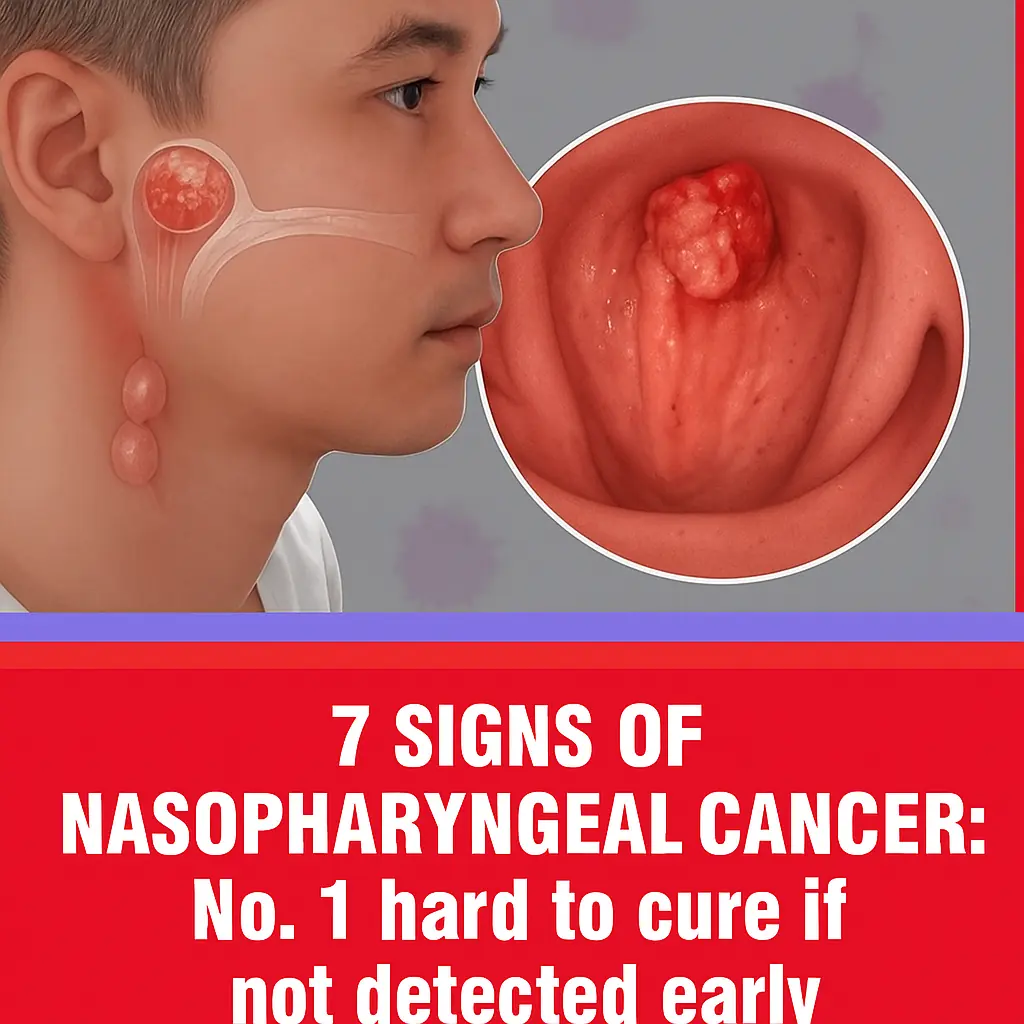
7 Signs of Nasopharyngeal Cancer: No. 1 is Hard to Treat if Not Detected Early
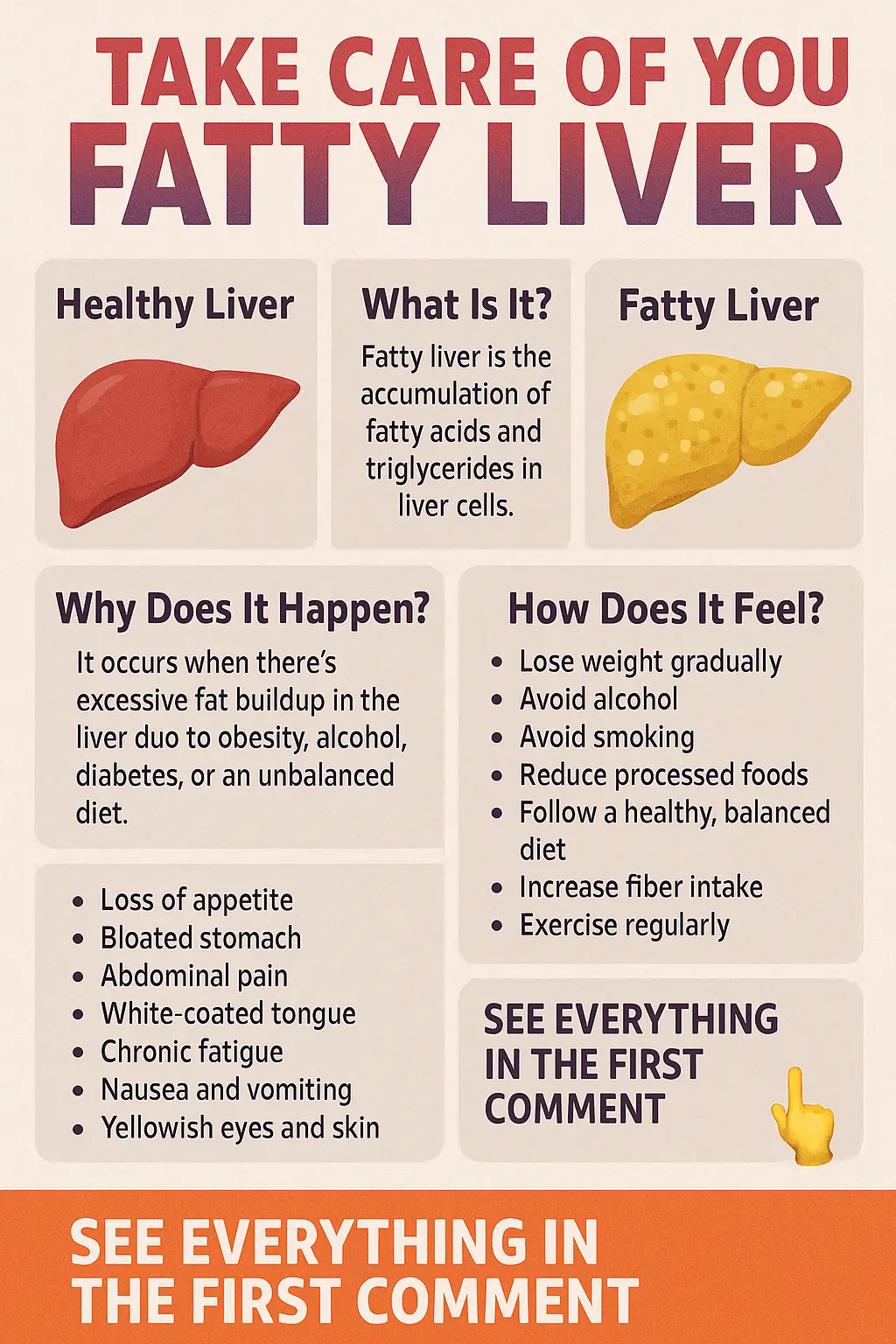
Fatty Liver: Recognize the Symptoms and Reverse It in Time

Why Do Canker Sores Appear? Painful Signs You Shouldn’t Ignore
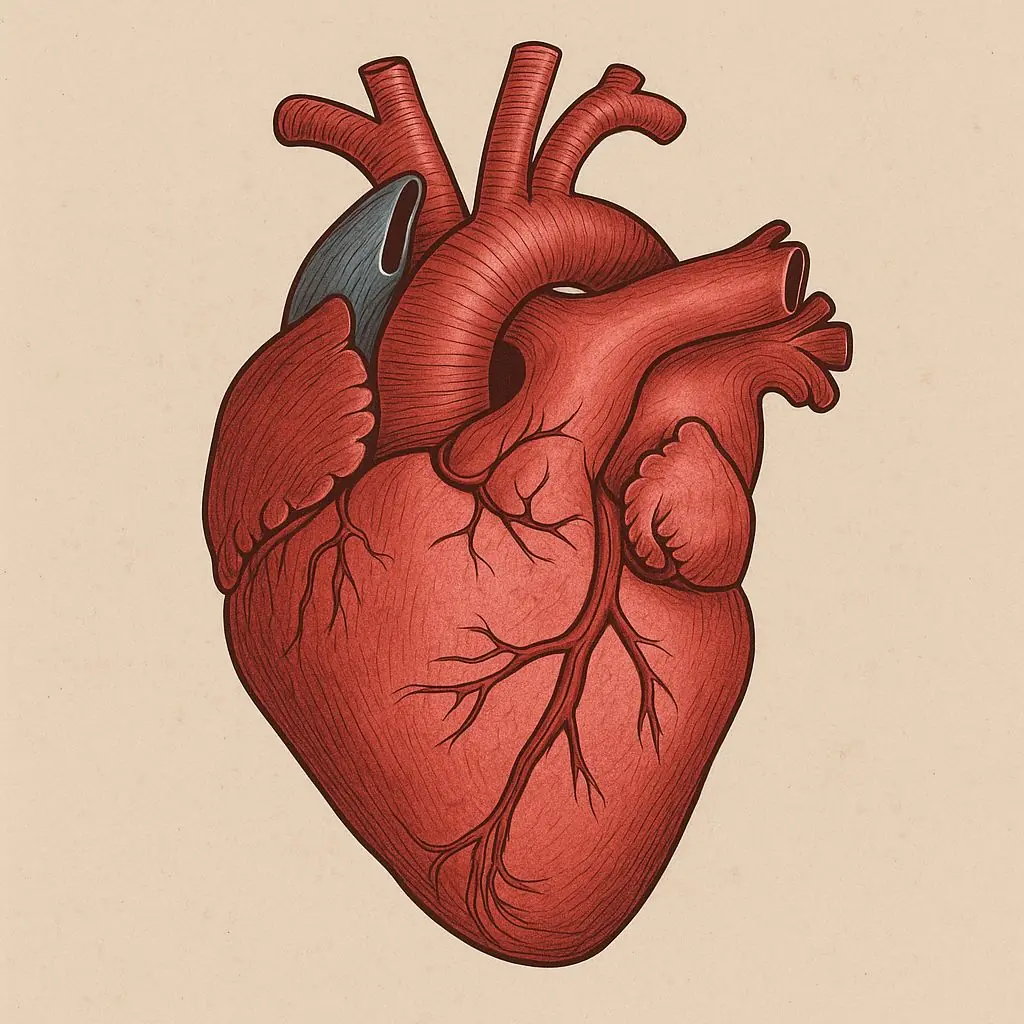
🫀💔 How to Maintain a Healthy Cholesterol Level for a Strong Heart

Massive Jugular Distension: A Warning Sign You Shouldn’t Ignore

The Last Part of the Pig, but with Top Benefits
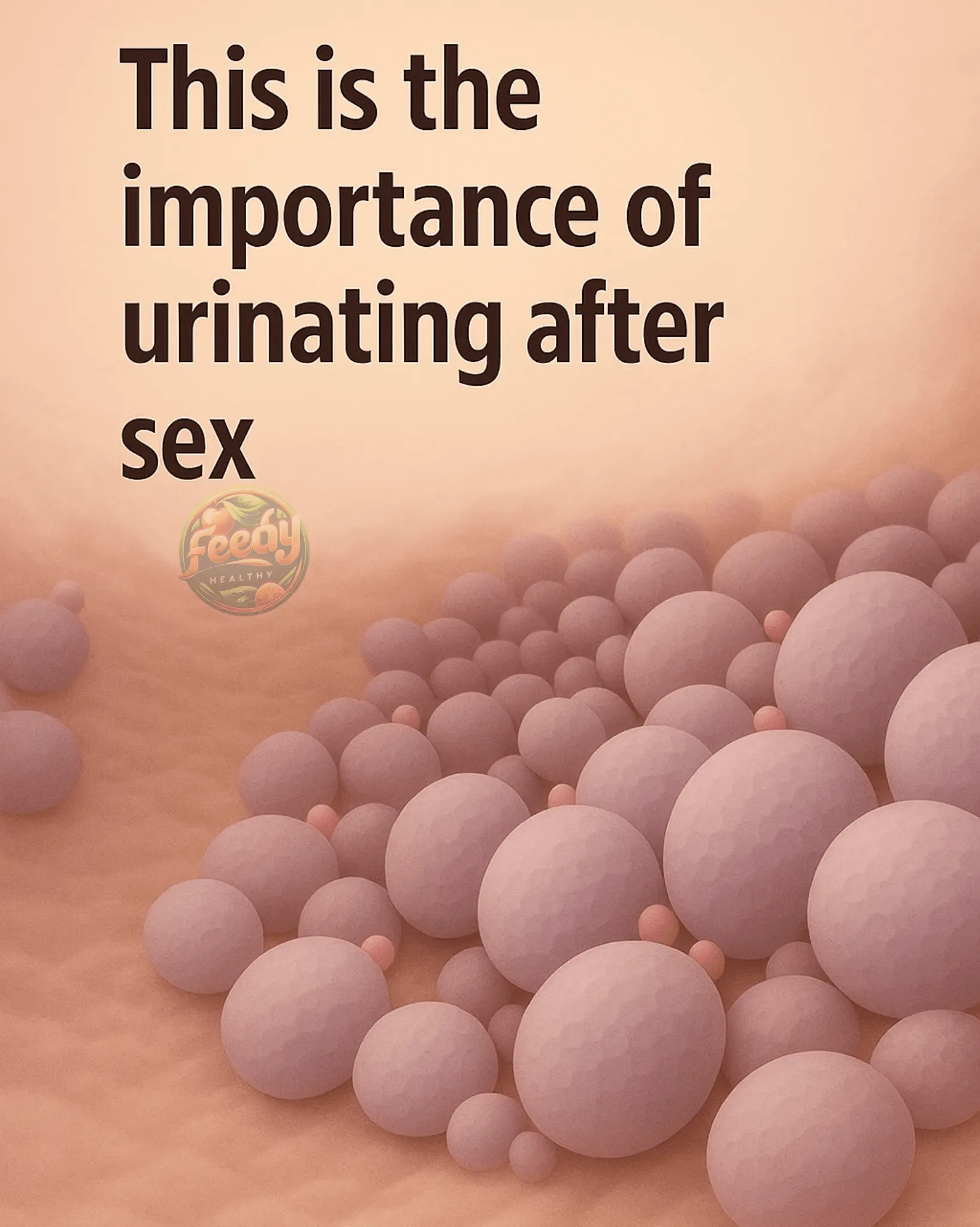
The Importance of Urinating After Sex: Preventing Infections
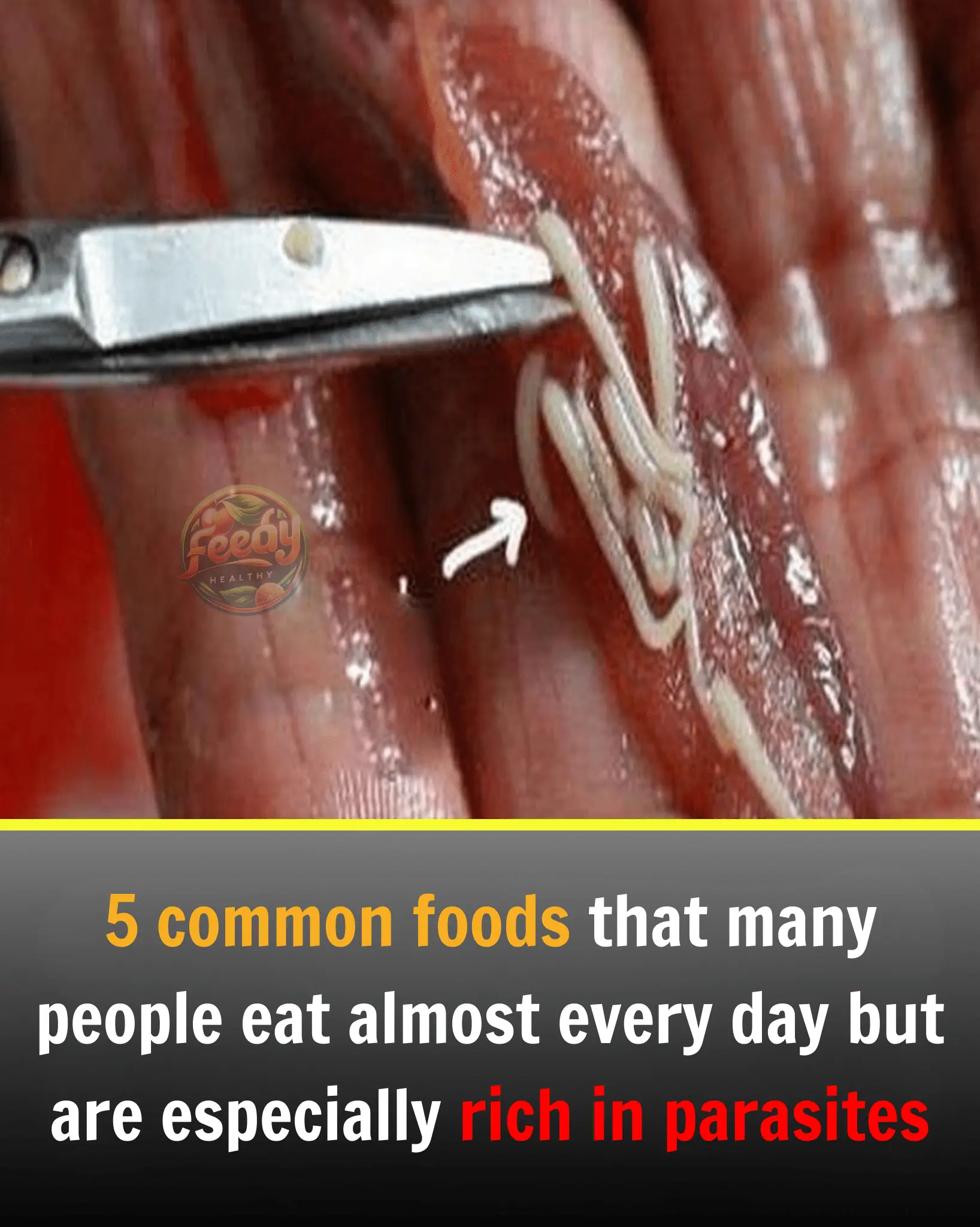
5 common foods that many people eat almost every day but are especially rich in parasites

Diagnosed with cancer at 40, Soong Mei-ling still lived to 106
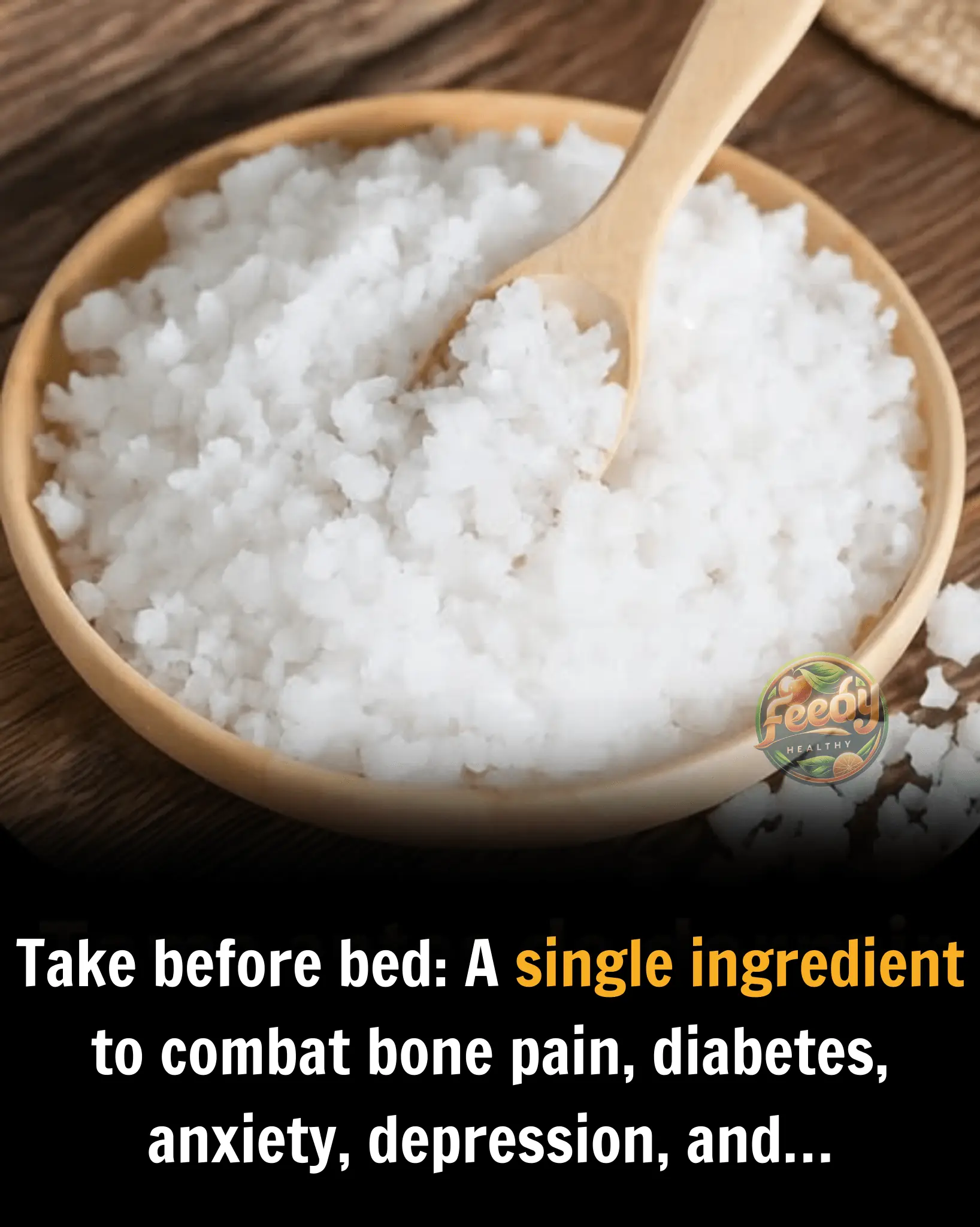
A Single Natural Ingredient to Combat Multiple Ailments: Discover How to Use It!

The Miraculous Story of a 58-Year-Old Mother Giving Birth to Twins

6 types of foods that negatively affect your thyroid
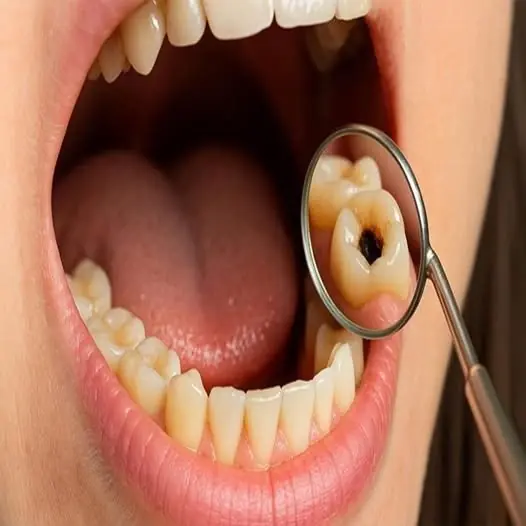
Stomach Gas and Dental Health: Natural Remedies for Your Well-Being
News Post
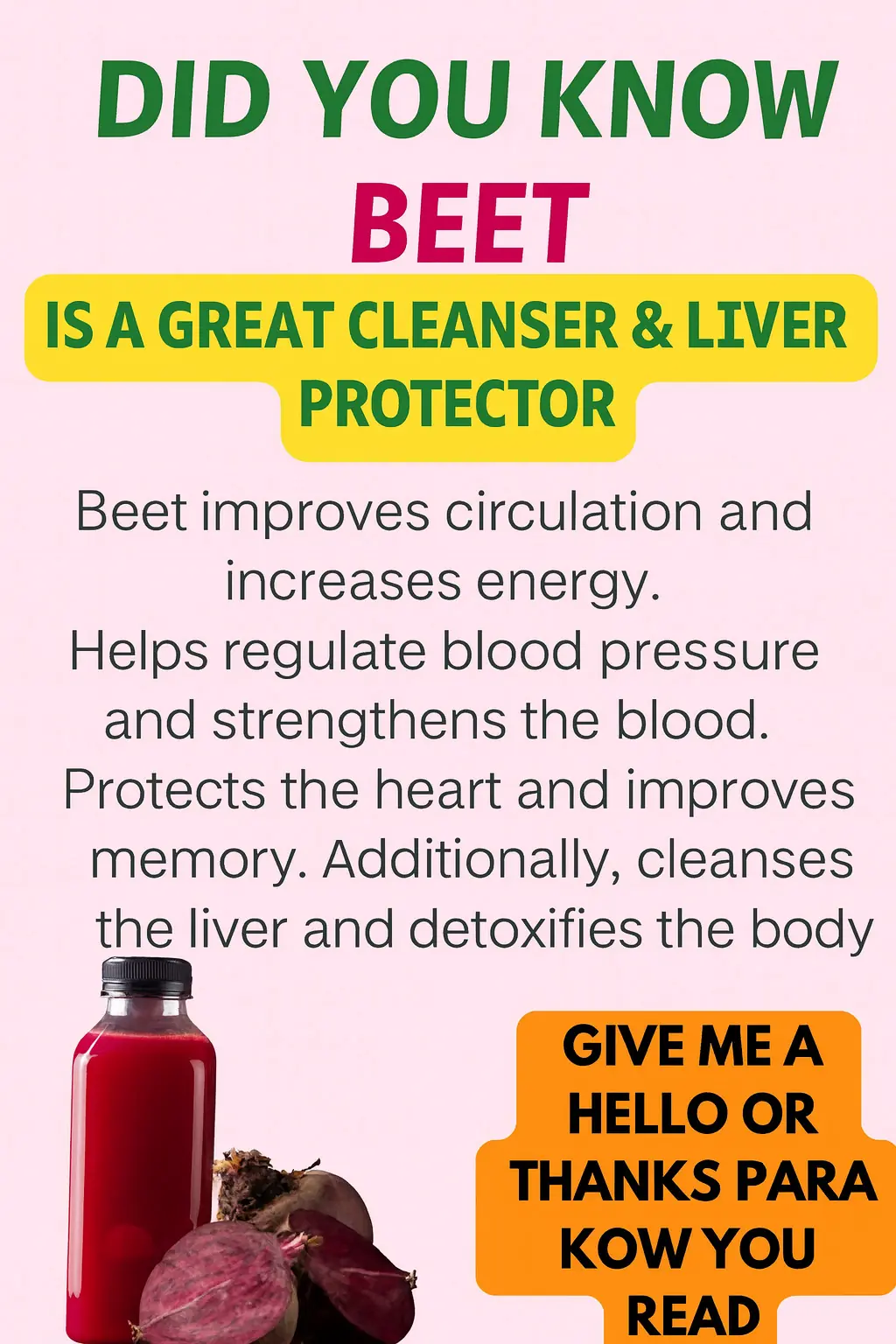
The Surprising Benefits of Beets: Energy and Health in a Single Ingredient
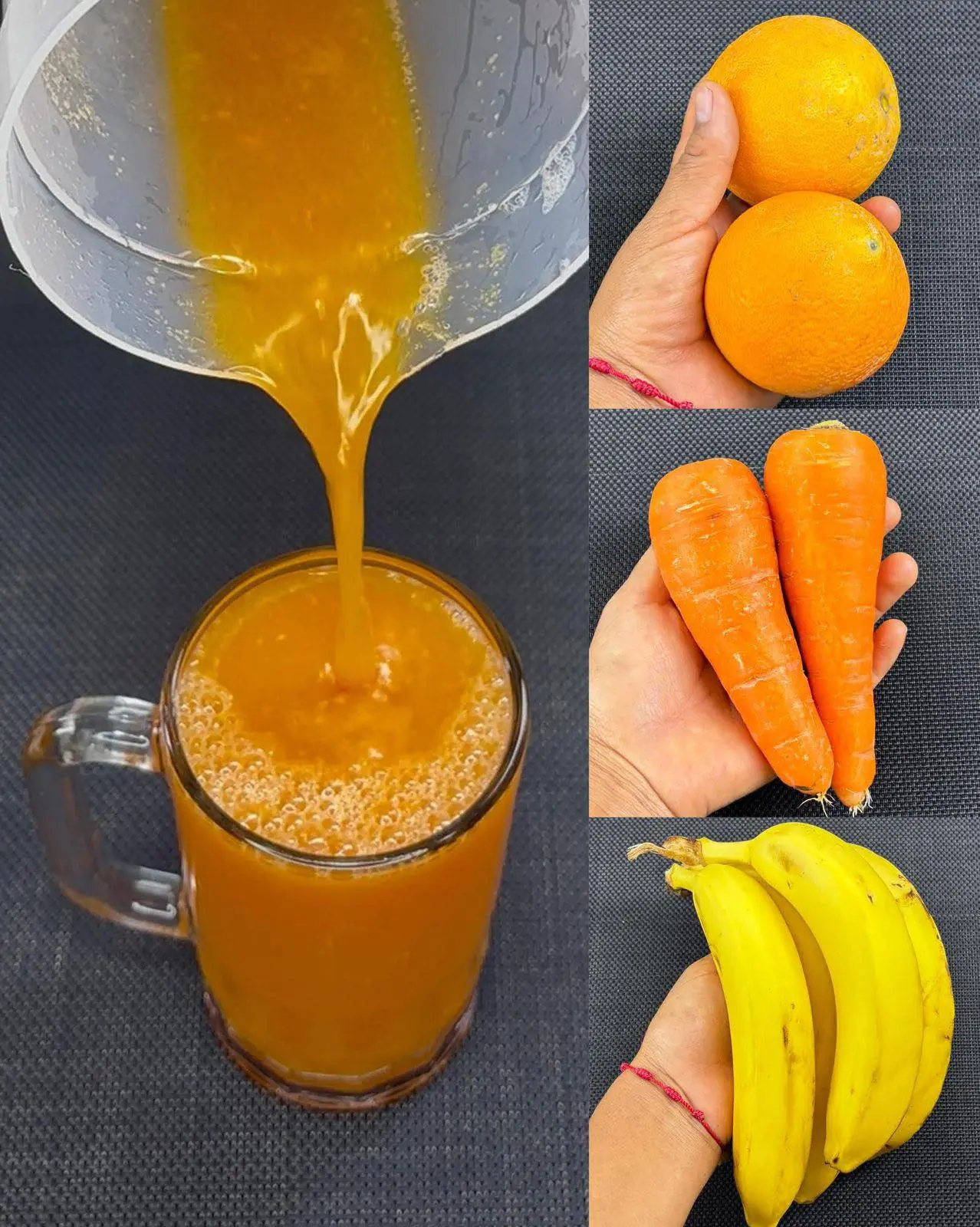
Urgent: Drink This Juice if You Suffer from Blurry Vision, Cataracts, Myopia, Macular Degeneration, or Memory Problems
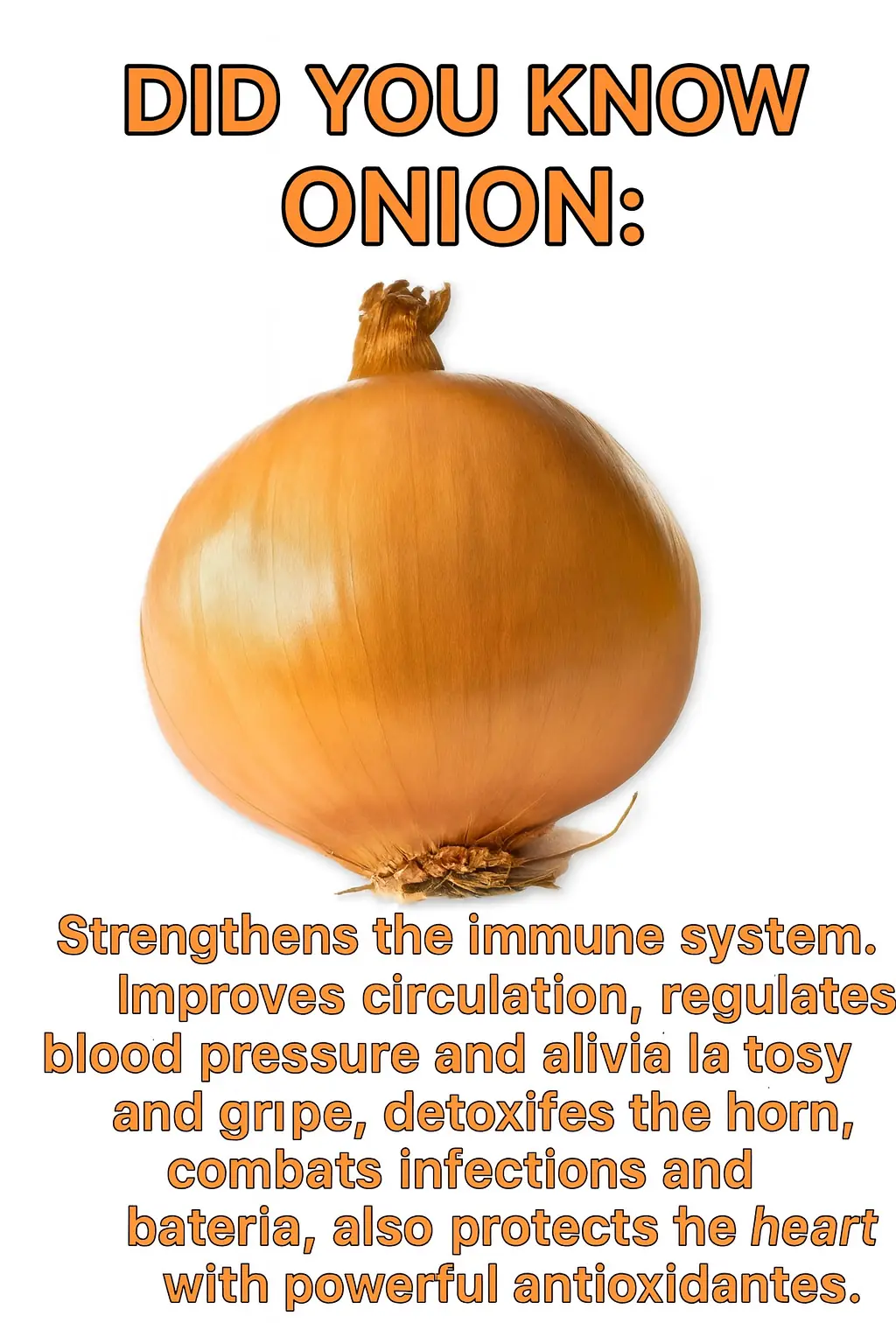
The Benefits of Onion 🧅
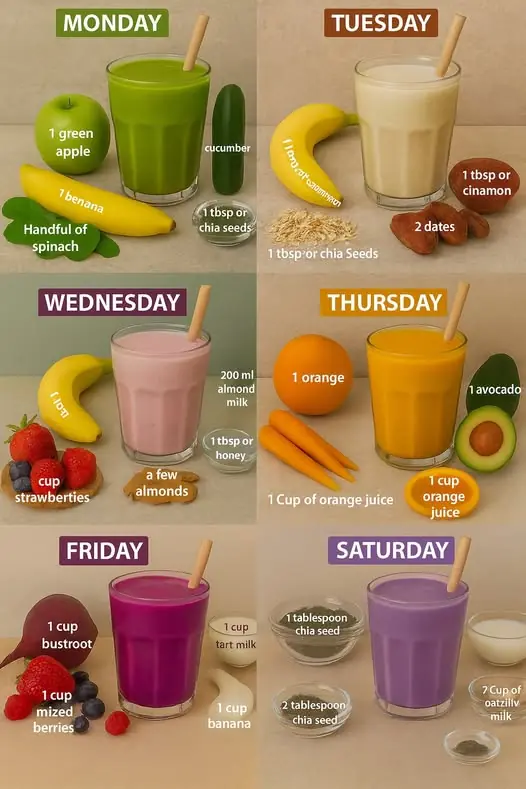
A Week of Refreshing Smoothies: Daily Recipes for Health and Energy
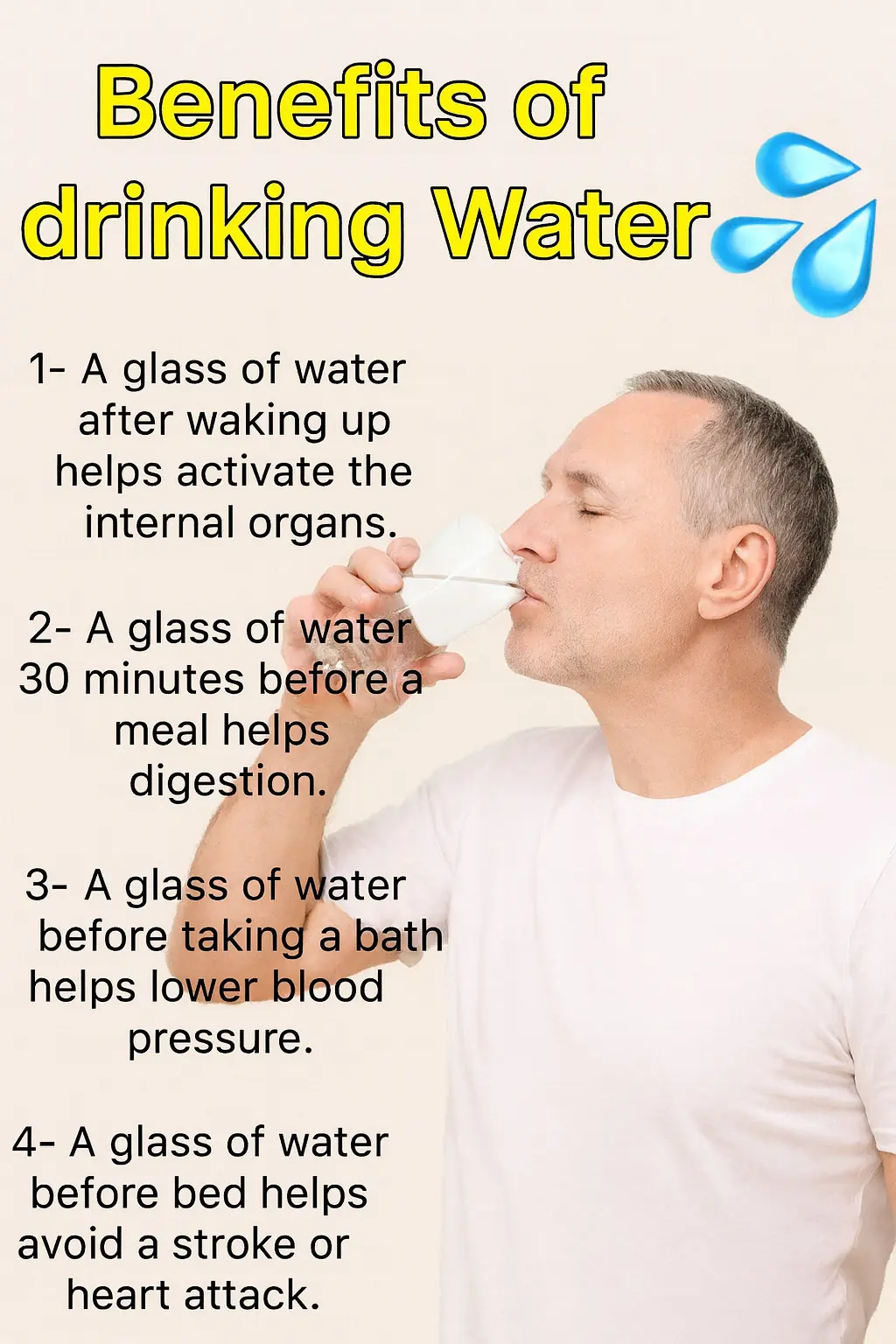
THE REASON WHY YOU SHOULD DRINK WATER EVERY DAY 👇
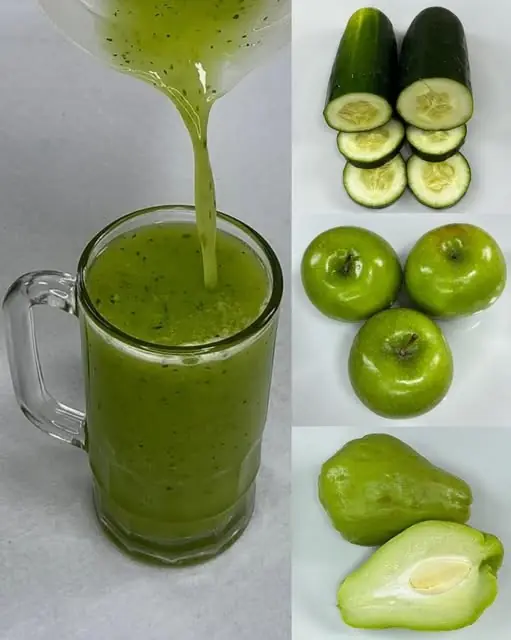
Detox Green Juice: Cucumber, Green Apple, and Chayote
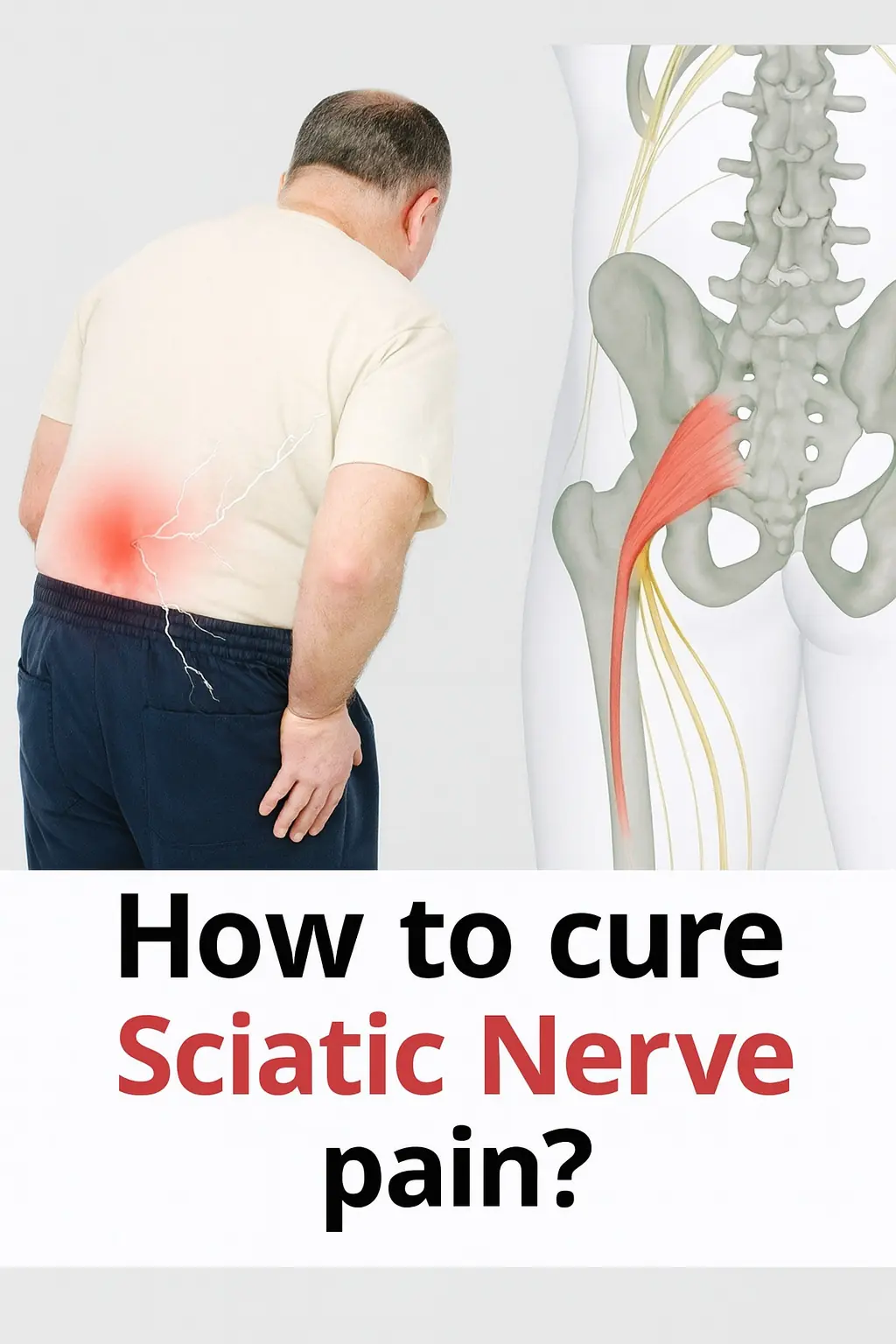
Simple Technique to Say Goodbye to Lower Back Pain and Sciatica
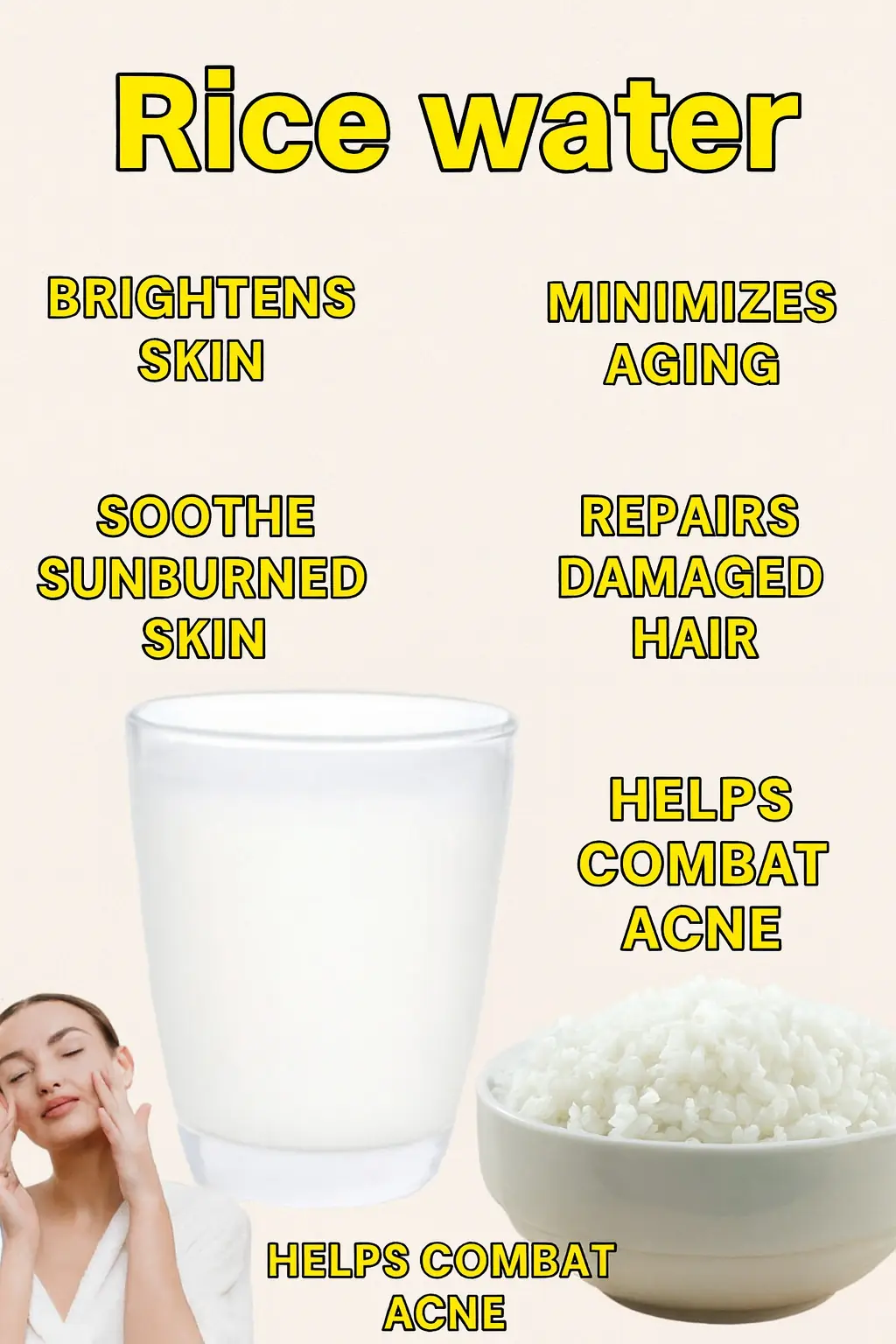
Homemade Rice Water: the natural toner your skin (and hair) will love 💧

Nut & Cream Layered Cake

🍫 Heart-Shaped Chocolate Mille-Feuille Cake Recipe

Chocolate Hazelnut Mille-Feuille (Napoleon) Recipe

The Horse Who Changed Everything

Shelter Dog Extends Paw Through Kennel Bars, Longing for Love and a Home

From Despair to Mobility: Rescued Husky Vova Triumphs Against Adversity with New Wheels

Lonely Dog Escapes Yard Just to Hug His Best Friend
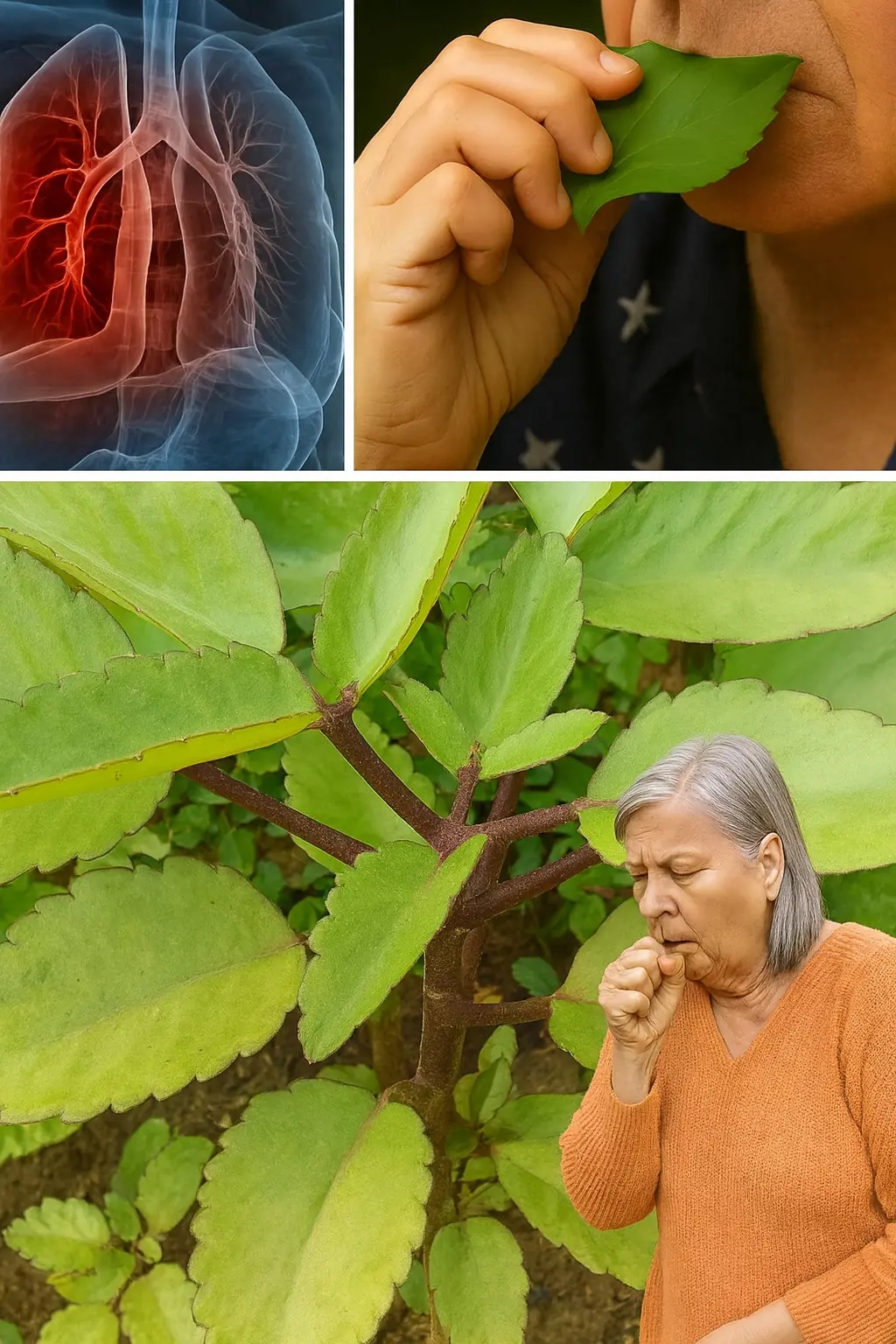
Miracle Leaf of Life: Unlock Radiant Skin and Vibrant Health
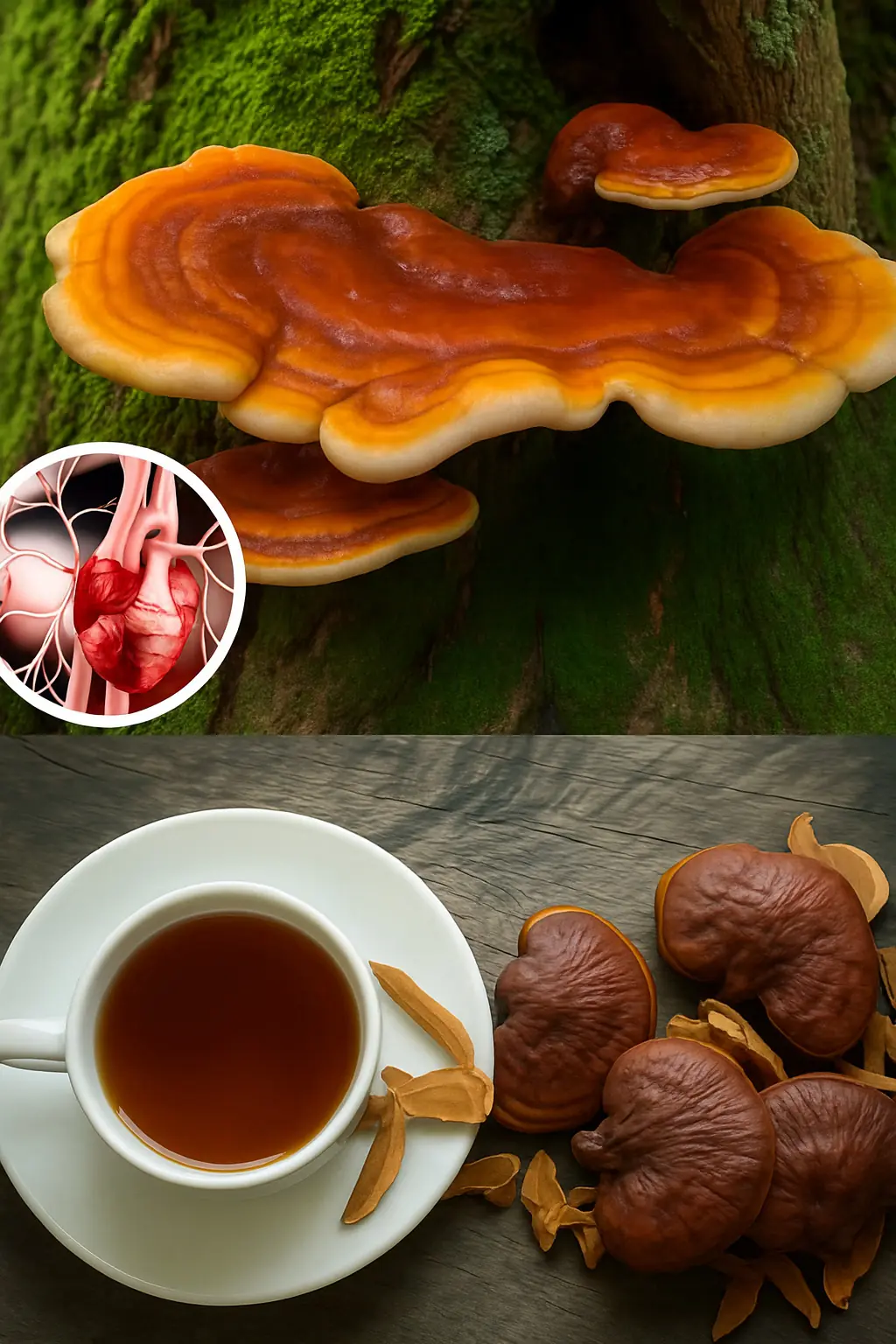
Morel Mushrooms: Nature’s Culinary Treasure for Vibrant Health and Flavor

Why Do Your Feet Itch at Night? Simple Causes and Effective Solutions
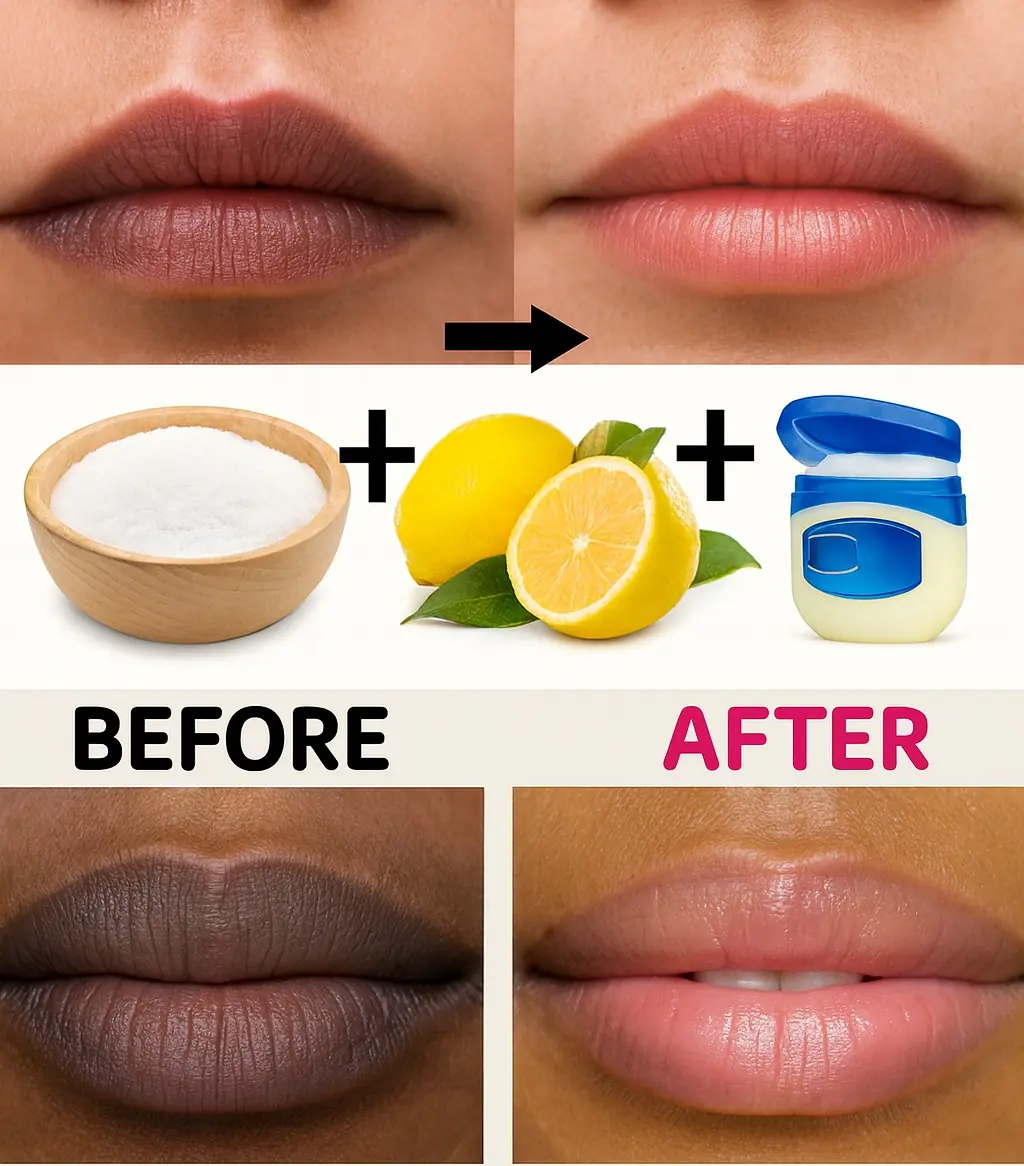
Lemon Slice: Unlock Soft, Pink Lips Naturally
